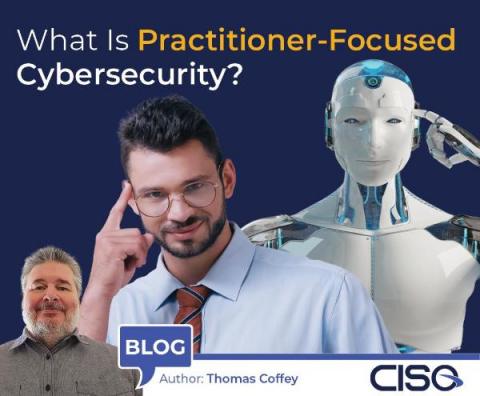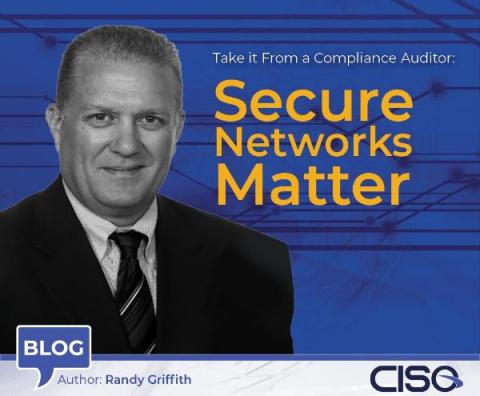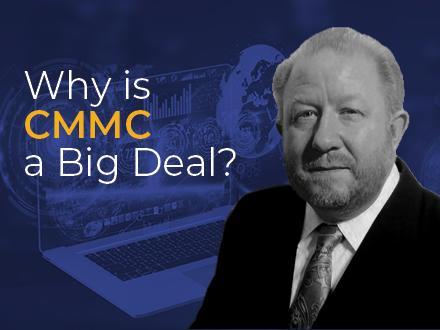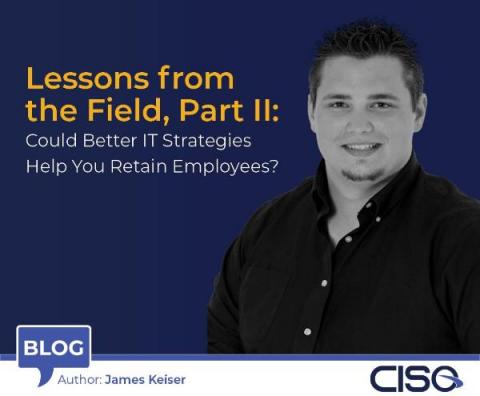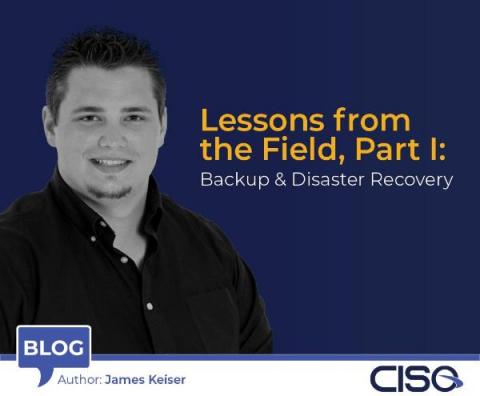Security | Threat Detection | Cyberattacks | DevSecOps | Compliance
CISO Global
What Is Practitioner-Focused Cybersecurity?
A basic Google search for the term “cybersecurity” will turn up dozens of competing advertisements for companies promising to solve all your security woes and keep attackers at bay with their version of a “technology silver bullet” – the end all be all that you must, according to them, purchase right now. It’s not that technology isn’t essential to your security strategy; it’s vital!
First to Fall
Take it From a Compliance Officer: Secure Networks Matter
Even before the fiasco at Silicon Valley Bank, financial institutions were under tremendous scrutiny from regulators. How could they not be? Banks are among the oldest known targets for theft, and in a digital age, the best way to extract money is going to be either straight cyber-theft from existing accounts or ransomware. IT systems that house customers’ financial data can be architected with the right security controls in place to protect that data to the highest standard.
Does ChatGPT Know Your Secrets? Threats and Benefits of AI in Your Environment
ChatGPT has been taking the World by storm, but it’s bringing with it issues around cybersecurity, data protection, and data privacy. IT leaders and business leaders are looking to create policies that will help protect their people and corporate assets, but so few people really understand the technology well enough to grasp and weigh the benefits, the concerns, and implications for the cybersecurity industry, in general.
Why Is CMMC a Big Deal?
The Cybersecurity Maturity Model Certification (CMMC) has been around for a few years. And, in its short tenure, it has, itself, matured. The current version of the CMMC is 2.0, released in November 2021. In the latest version of the model, the original five-level model hierarchy was collapsed into three distinct levels: Foundational, Advanced, and Expert.
Lessons from the Field, Part II: Could Better IT Strategies Help You Retain Employees?
While a number of organizations have moved back to an in-person work model, some employees are pushing back and leaving for jobs that will allow them to work from home (WFH). Having become accustomed to the advantages of a WFH model, employees have a lower tolerance for inconveniences like time and money spent on commutes, being away from loved ones for long hours, packing lunches, and having to dress for an office environment.
Network Design and Protection for Small to Mid-Sized Banks & Credit Unions
Lessons from the Field, Part I: Backup & Disaster Recovery
In the ongoing battle to protect corporate data, you can’t afford to miss a step. I’ve seen, first-hand, what can happen when organizations do miss steps. We are always happy to help them remediate going forward, but there’s a lingering wish that we’d met them sooner.



